Alcohol

Information
Seeking treatment to stop drinking or cutting back on alcohol will help you to improve your mental and physical wellbeing.
Your current alcohol drinking levels will determine the input you may require. This may involve basic advice and information through to community or inpatient detoxification.
Select the underlined questions below to see more.
Alcohol and its effects vary from person to person. It’s important to note that any existing health problems or the use of illicit drugs or medications (including over the counter medicines) can also affect how much alcohol an individual can drink.
The government has recommended guidelines on alcohol use and these are measured in units. Measuring in units may not come naturally and sometimes it is easier to think about units in terms of actual alcoholic drinks that you’re familiar with.
The government have set alcohol guidelines. Guidelines for men and women are now the same and recommend that:
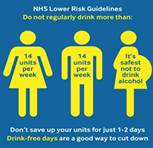
- No more than 14 units of alcohol per week
- Spread the 14 units over at least three days of the week
- Try to have regular alcohol free days
Below is a illustration of what 14 units of alcohol looks like against certain alcoholic beverages based on average percentage strengths. This information should help you calculate safe alcohol consumption based on your alcoholic drink of choice.
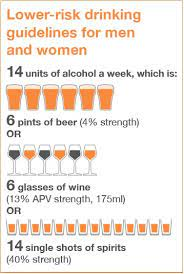
Before deciding on which route to take in gaining help it is advisable that you consider completing the Alcohol Use Disorders Identification Test (AUDIT). This allows you to assess your current risk based on your alcohol consumption. The score you gain from the AUDIT may help you decide on what help you want to seek. The scoring information is provided at the end of the AUDIT test below.
Please remember if you are in doubt about what to do, please speak to your GP or local Specialist Alcohol Service.
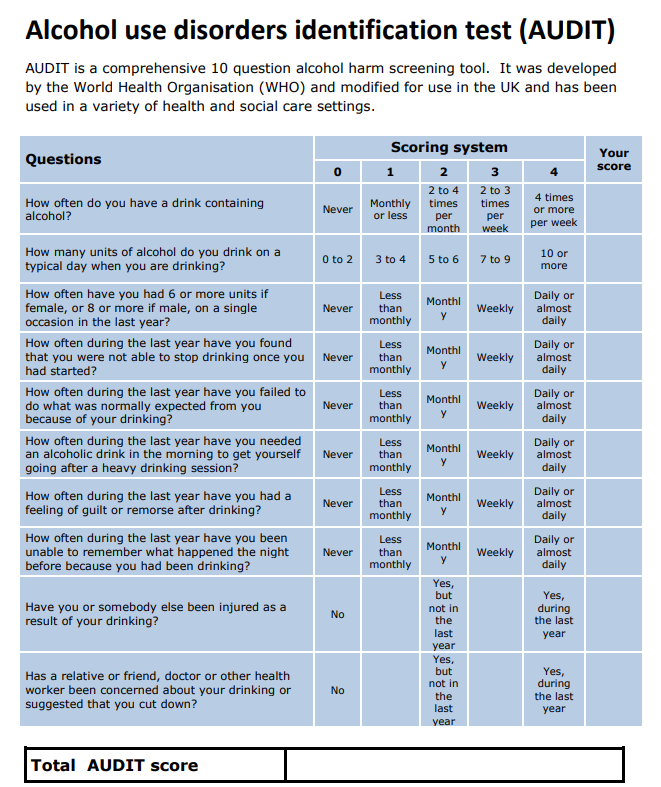
Scoring:
- 0 to 7 indicates low risk
- 8 to 15 indicates increasing risk
- 16 to 19 indicates higher risk,
- 20 or more indicates possible dependence
If the score is 8 or above you can consider brief advice from your GP or Local Specialist Alcohol Service. If you score 20 or above this indicates a possible dependence and you should consider contacting your Specialist Alcohol Service. The information for these services depending on where you live is provided in ‘Getting more help’ section below.
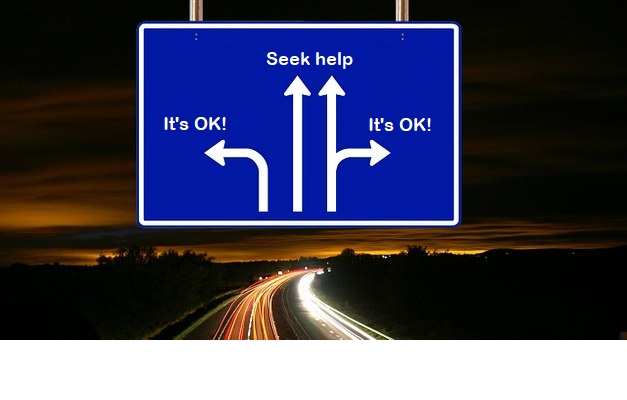
Coping with
Within this section we have provided you with some advice that will help you gain the right help and support. For some people cutting down their alcohol misuse to safe drinking levels may be sufficient to deliver a balanced lifestyle, where as other people may need to take the step of stopping alcohol completely given dependency and health related issues which makes alcohol consumption high risk if the individual should continue to drink.
What is important to understand is that stopping alcohol consumption completely should not be done without first seeking professional advice either from your GP or local Specialist Alcohol Service. Stopping drinking alcohol immediately after a long period of alcohol misuse can result in a high risk of seizure, which can tragically result in death.
The following buttons are self-help suggestions for you
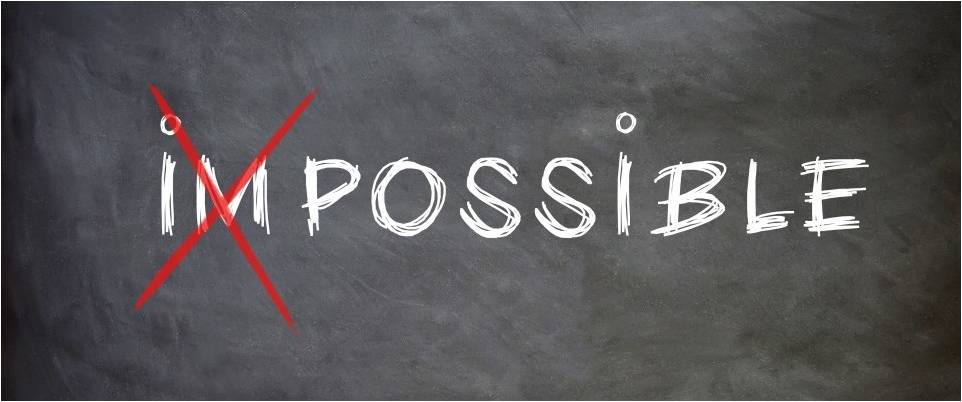
Finding help
Who can you talk to?
- Friends
- Family
- New beginnings Service User group
- Detoxification Nurses
- Recovery Co-ordinators
- Doctors and NMP’s
- Charities and Helplines
Select the underlined topics below to view what resources are available.
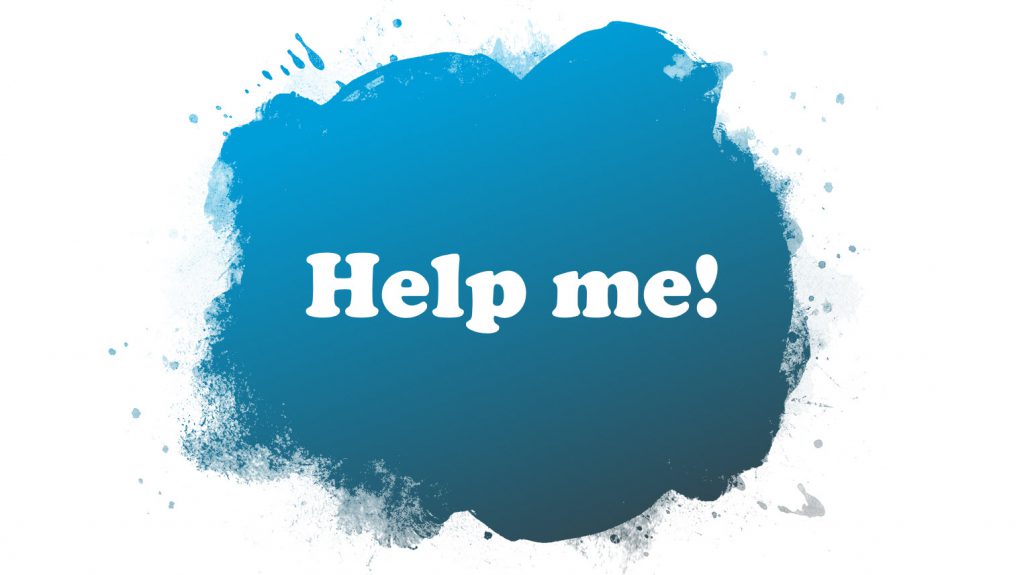
Getting more help
If you haven’t already found the help you’re looking for, you can find additional information and services which are more interactive here.
Select the underlined topics below to view what resources are available.
…in and around North Staffordshire
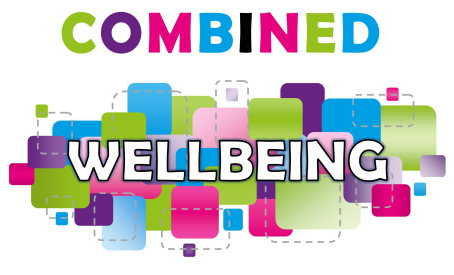




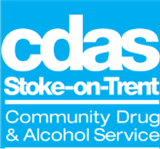

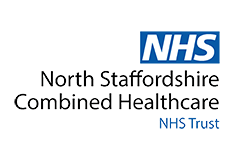

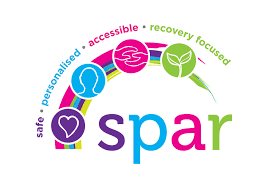
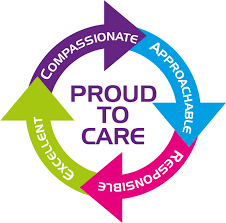


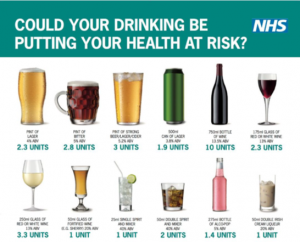 Try to limit the amount in one sitting
Try to limit the amount in one sitting